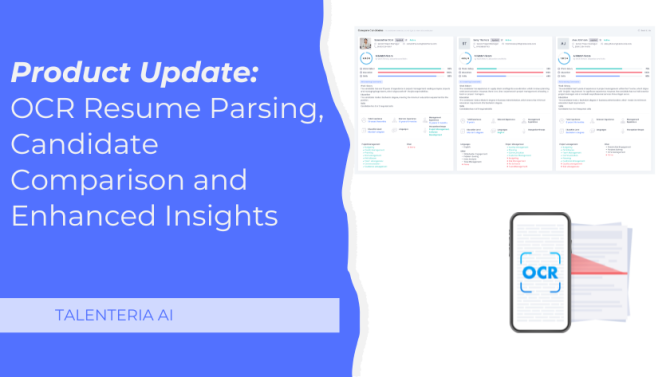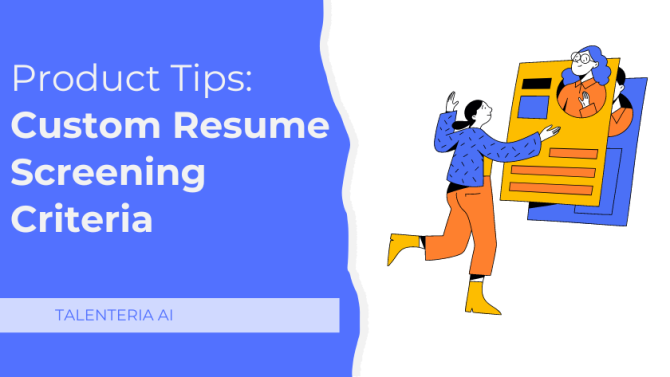
Job search engines are search tools you can use to search the web for job listings. They compile listings from a variety of sources, including company websites and job boards. In today’s fast-paced job market, they are indispensable tools for people looking for work.
This article will explain what exactly job search engines are and how they differ from job boards. Read on to find out more!
A Closer Look at Job Search Engines
As stated above, job search engines are search tools you can use to search the web for job listings. They aggregate listings from all across the web, from places like employer websites and job boards, saving you the hassle of trawling through them yourself. This means that job search engines help you save valuable time—time you could otherwise spend refining your CV or preparing for interviews. Given the fast-paced nature of the job market in this day and age, such assistance is indispensable.
Job search engines let you filter your search results so you can find exactly the kind of job you’re after.
For instance:
- Do you want a full-time job, or would you rather work part-time?
- Are you looking for a temporary contract?
- How far away are you willing to travel for your job?
Job search engines take all of these factors into account when finding job listings for you. All you have to do is type in a few keywords.
Examples of job search engines that you might have heard of include SimplyHired and Indeed (though the latter is a job board as well as a job search engine). However, there are also more specialized job search engines out there that aggregate job listings from industry-specific websites. Examples of these include such search engines as:
- JobsOnTheMenu
- ConstructionJobs
- WorkingNotWorking
What’s the Difference Between Job Search Engines and Job Boards?
People often get confused between job search engines and job boards. This is quite understandable, as they both fulfill similar purposes. However, it’s a good idea to know the difference between the two so that you can be clear in your cover letter how you came across the job listing.
As explained above, job search engines allow you to search the web for job postings. They comb through job boards and employer websites and bring the results together in one place so that you don’t have to spend time visiting multiple sites.
Where job boards differ is that they are websites employers themselves use to post job listings. Usually, employers pay these websites to host their job listings and deal with applications through the job board itself. As mentioned, Indeed is an example of a site that sits somewhere between a job search engine and a job board. Another example of a well-known job board is Monster.
As with job search engines, there are plenty of niche job boards out there, too, such as:
- eFinancial Careers
- TalentZoo
- Variety Careers
When using job search engines, you’ll end up with a broader selection of job postings than if you were looking through a job board. This is because search engines pull results from across a multitude of sources. However, both job search engines and job boards are useful tools in a job seeker’s arsenal.
If you would like to find out more about the recruitment process, head on over to Talenteria to check out our other free-access expert articles!





